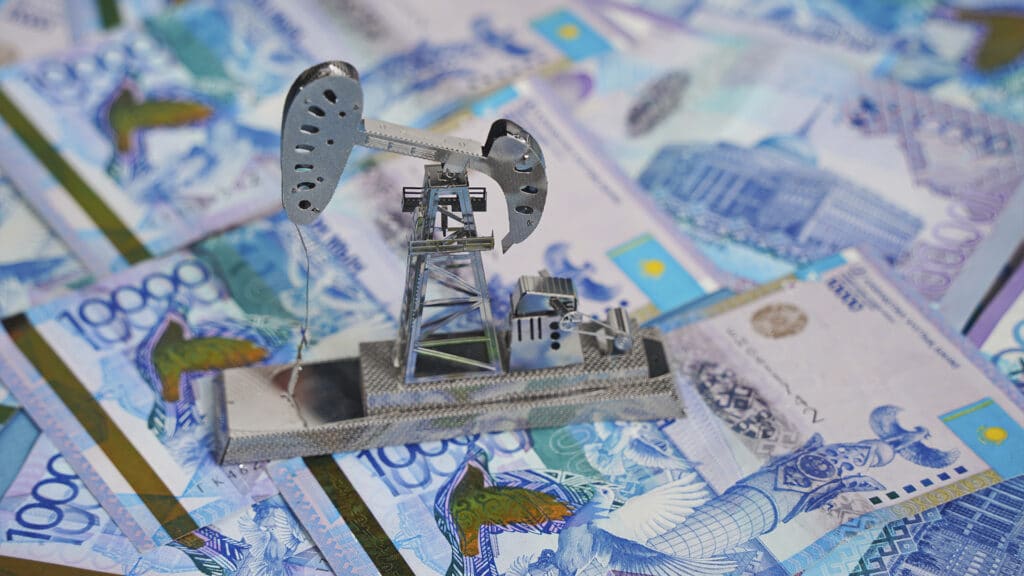Kazakhstan pledges cautious revision of production sharing agreements with oil majors

Kazakhstan will not pursue a hardline revision of production sharing agreements (PSAs) with foreign investors operating the country’s largest oil fields — Tengiz, Karachaganak and Kashagan — according to Prime Minister Olzhas Bektenov.
In January 2025, President Kassym-Jomart Tokayev directed the cabinet to accelerate negotiations on extending PSAs under new, more favorable terms for Kazakhstan. The terms of existing contracts have not been made public.
«As for the terms under which major oil projects are developed — the terms of PSAs — there is an opinion that the country’s interests have been significantly infringed,» Bektenov said at a recent press conference. «We are now beginning negotiations with our consortium partners to conclude new PSAs for a new period. Naturally, we will defend the country’s interests. But we are certainly not talking about a rough revision of any contracts, because this is a sensitive issue that affects the investment climate. Therefore, we will approach this in a balanced manner.»
Revenue contribution
Bektenov also noted that nearly 70% of Kazakhstan’s state budget tax revenues, approximately $30 billion, come from big business, including about $12 billion from major oil projects. He described the tax burden on large companies as «quite high.»
However, media reports in May indicated that Kazakhstan is considering a new mandatory payment for oil companies — equal to 1% of hydrocarbon production costs or investments — to fund research and development (R&D). The proposed annual fee is expected to raise about $30 million.
Troubled agreements
Kazakhstan’s Ministry of Energy said that talks on new PSAs may take two to three years.
Under the current contracts, international energy firms provide the financing, expertise and technology to develop challenging oil fields. They recover costs during the early production phase and only afterward share profits with the host government.
In a report published last year, Energy Insight & Analytics (EXia) estimated that Kazakhstan received $1.1 billion through the profit-sharing mechanism between 2016 and 2023.
In March 2025, PSA, a state-owned entity established by the Kazakh government, filed a civil lawsuit in Switzerland alleging that embezzlement schemes tied to the Kashagan and Karachaganak oil fields were used to bribe Kazakh officials and funnel payments to certain executives and intermediaries at Eni, one of the stakeholders in Kashagan, between 2006 and 2011.
Kazakhstan’s government argues that the unequal revenue distribution stems from the PSA signed in 1997. That agreement was amended in 2008 to address Kazakhstan’s concerns. Still, changes — specifically the addition of priority payments (royalties) — boosted the country’s revenue share by only about one percentage point, according to expert analyses.


